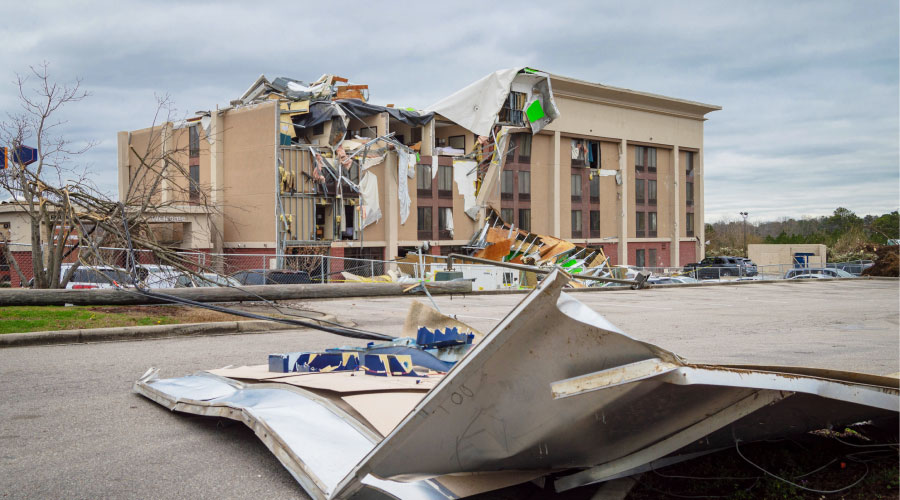Local Health Departments Prepared for Emergencies But Need Federal Funding, Survey Finds
Seven in 10 local health departments that receive Centers for Disease Control and Prevention preparedness funds have “to a great extent” developed a plan for mass vaccination or preventive treatment in case of a public health emergency, according to new report.
Seven in 10 local health departments that receive Centers for Disease Control and Prevention preparedness funds have “to a great extent” developed a plan for mass vaccination or preventive treatment in case of a public health emergency, according to new report.
The
report, “Federal Funding for Public Health Emergency Preparedness: Implications and Ongoing Issues for Local Health Departments,” describes the results of two surveys conducted by NACCHO that examine the local impact of changes in federal funding for public health preparedness. It was written by the National Association of County and City Health Officials (NACCHO).
Since the terrorist attacks of 2001, local health departments have significantly increased their capacity to prepare for and respond to emergencies with the support of funding from the CDC. Since 2001, the percentage of local health departments with a comprehensive emergency responsive plan has risen from 20 percent to more than 90 percent, the report says.
Some of the key findings from this study include:
- Nineteen percent of local health departments feel that they are now “highly prepared” for an emergency; however, 77 percent of local health departments feel they have made improvements but more improvement is needed
- The average amounts of CDC funding that local health departments received for all-hazards preparedness and the Cities Readiness Initiative declined by 20 percent and 29 percent respectively between FY05 and FY06
- Due to cuts in their funding, 28 percent of local health departments reduced staff time on preparedness, 27 percent were forced to delay the completion of preparedness plans, and 17 percent delayed or canceled workforce training
- Fifty-six percent of local health departments reported that CDC funding is not sufficient to meet their deliverables
- Local health department’s top three needs to meet preparedness deliverables are additional qualified staff, additional funding, and additional time to spend funds effectively
- The three occupations most difficult to hire are emergency preparedness planners, epidemiologists and nurses.
Without reliable funding, most local health departments cannot create and maintain permanent, full-time positions for preparedness, according to the report.
Related Topics:











